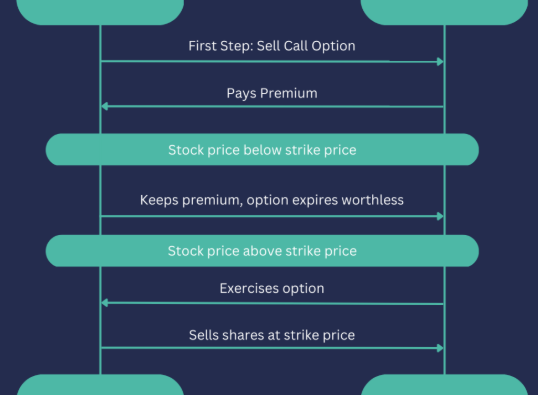
In a financial landscape often driven by speculation and short-term gains, deep value investing stands apart as a methodical and disciplined approach. This investment strategy centers around identifying stocks that are significantly undervalued compared to their true worth. It demands patience, in-depth analysis, and a willingness to go against prevailing market sentiment. If you’re someone who prefers a thoughtful, fundamentals-based strategy, deep value investing might be just what you’re looking for.
Understanding the Essence of Deep Value Investing
At its core, deep value investing involves finding companies whose market prices do not reflect their actual financial health or earning potential. These companies may be overlooked due to temporary challenges, negative press, or lack of attention. The goal is to invest in these undervalued stocks and hold them until the market eventually recognizes their intrinsic value.
This style of investing requires careful evaluation of balance sheets, profit margins, industry positioning, and often involves identifying potential catalysts that could unlock value over time.
Key Traits of a Deep Value Investment Strategy
1. Targeting Undervalued Opportunities
One of the foundational elements of this approach is seeking out assets that are trading well below their estimated intrinsic value. These may include companies that are struggling temporarily, are unpopular among mainstream analysts, or have been affected by short-term industry disruptions. By looking past surface-level issues, investors can uncover opportunities with strong long-term potential.
2. Intrinsic Value as the North Star
Rather than focusing on daily price movements, deep value investors concentrate on a business’s underlying worth. This includes evaluating factors like future earning capacity, asset strength, and sustainable competitive advantages. When a company’s market valuation is disconnected from its fundamentals, it can present an attractive buying opportunity.
3. Going Against the Grain
This strategy often requires a contrarian mindset. Deep value investors are not afraid to challenge popular opinions or invest in sectors others are abandoning. They believe that the crowd is not always right, and that being early to recognize value can pay off handsomely over time.
Advantages of Deep Value Investing
1. Upside Potential
By buying assets that are deeply discounted, investors position themselves for potentially strong returns when those assets are eventually revalued by the market.
2. Built-in Safety Margin
The discount between purchase price and intrinsic value acts as a cushion, reducing the impact of unexpected market movements or poor performance.
3. Diversification Benefits
This approach encourages spreading investments across a wide range of undervalued sectors and companies, which can reduce exposure to market volatility.
4. Reduced Noise
Since the focus is on long-term value rather than daily price shifts, investors are less likely to be influenced by emotional trading or short-term news cycles.
5. Data-Driven Decision Making
Deep value strategies rely heavily on detailed financial analysis, making the process less speculative and more grounded in economic reality.
Core Techniques in Deep Value Investing
1. Evaluating Tangible and Intangible Assets
This involves looking at a company’s physical assets (like property and inventory) and intangible assets (such as patents or brand value) to assess whether its market price is justified.
2. Focusing on Earnings and Cash Flow
By projecting a company’s potential to generate consistent earnings or free cash flow, investors can judge whether current valuations are reasonable.
3. Identifying Value Triggers
These are events that could lead to a revaluation of the company, such as a management change, regulatory approval, improved financial performance, or strategic acquisitions.
Potential Risks to Consider
1. Misjudging Value
Sometimes a stock remains cheap for valid reasons, such as declining industry relevance or ongoing financial trouble. This is known as a value trap.
2. Liquidity Challenges
Some undervalued stocks have low trading volumes, making it harder to enter or exit positions without affecting the share price.
3. Limited Information
In certain cases, these companies may not disclose detailed information, making it difficult to assess the full picture. This lack of transparency can increase investment risk.
Notable Deep Value Investors and Their Approaches
Benjamin Graham
Often regarded as the pioneer of value investing, Graham promoted a cautious and systematic approach. He believed in buying stocks that were significantly underpriced relative to their intrinsic value and emphasized diversification to reduce risk. His “margin of safety” concept remains a key principle in value investing today.
Warren Buffett
While Buffett started with a deep value philosophy, he evolved to focus on quality businesses with strong management and long-term prospects. He looks for companies with durable advantages and consistent earnings, often holding investments for decades.
Final Thoughts
Deep value investing is not a quick-win strategy. It demands thorough research, emotional discipline, and a readiness to go against prevailing market trends. However, for investors willing to commit to a long-term outlook, it offers a chance to profit from market inefficiencies and buy quality businesses at bargain prices. Over time, this approach can deliver strong returns—especially when the broader market eventually recognizes the true worth of these hidden gems.









